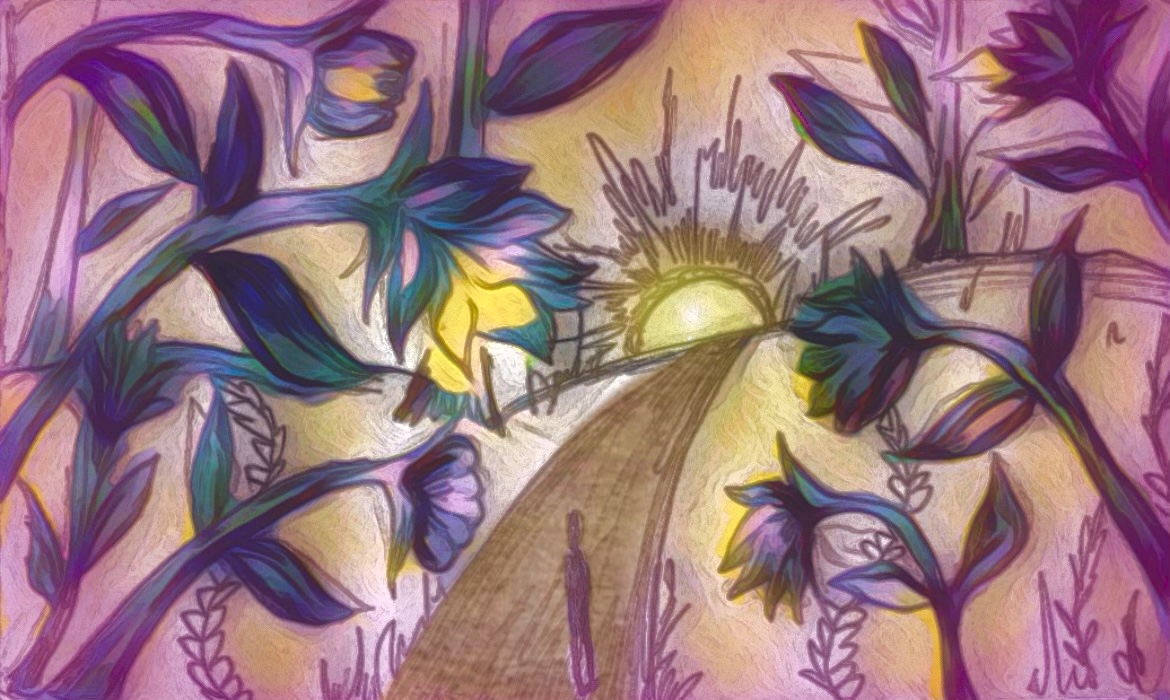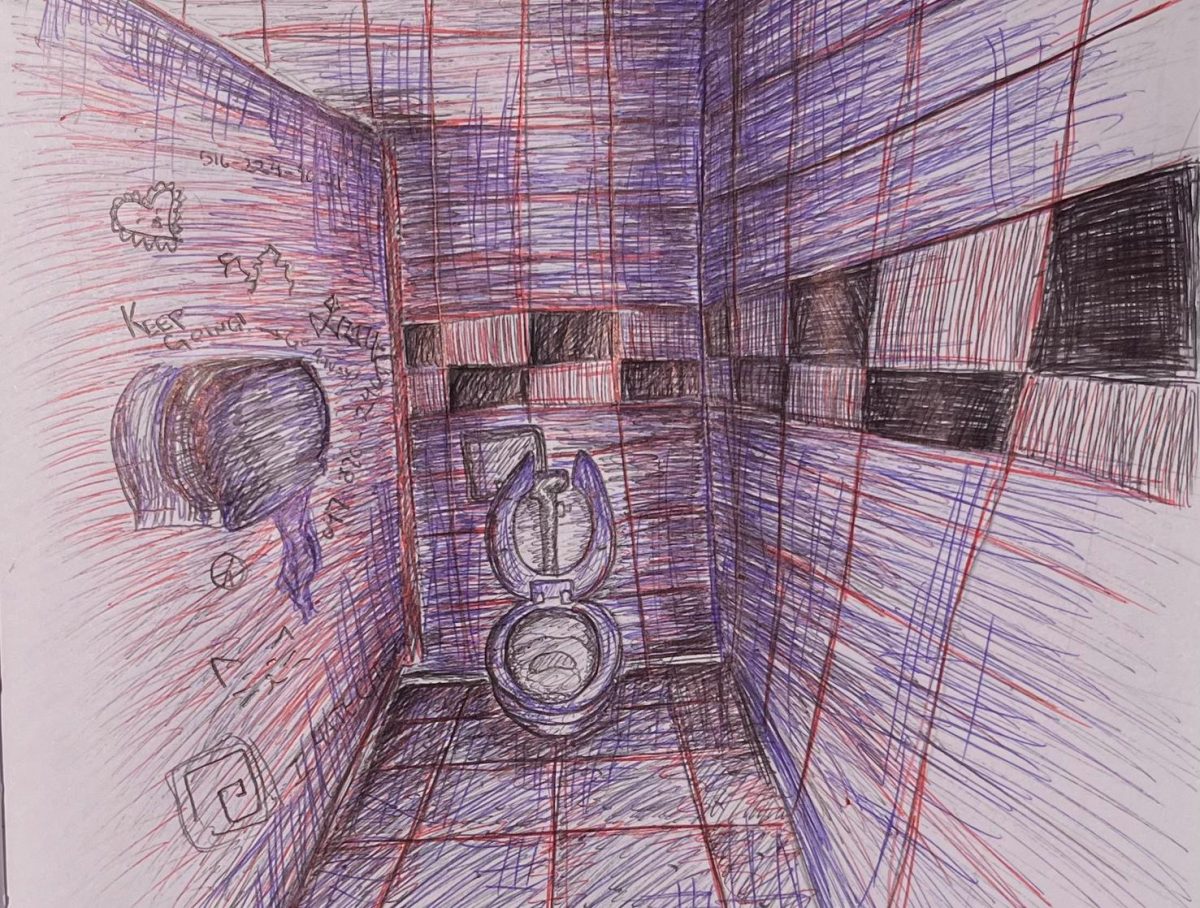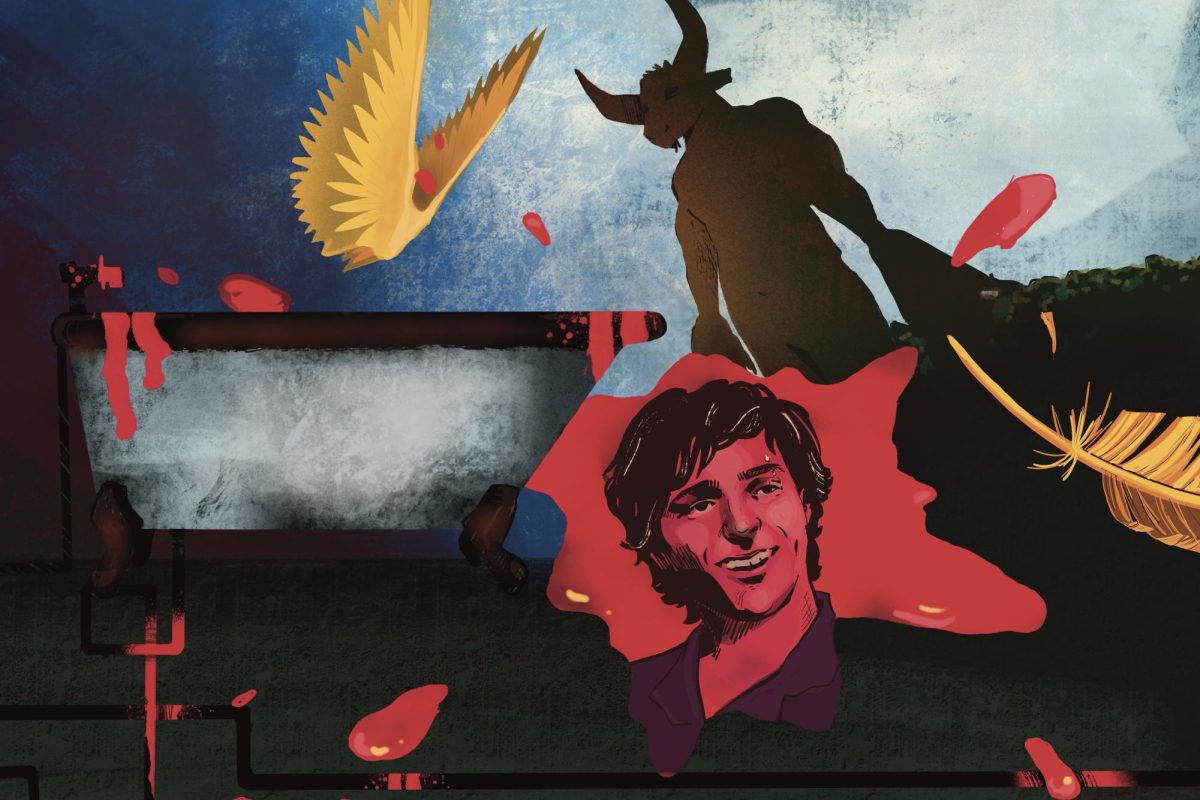Once upon a time, the term singer-songwriter was nearly synonymous with the term folk singer; the word implied something organic. When I hear the phrase I still think first of musicians like Jackson Browne, James Taylor, Paul Simon and Joni Mitchell. However, in this madcap new millennium it seems that a singer-songwriter can be nearly any individual with a musical vision and a penchant for thought-provoking lyrics. The organic pretext no longer applies and no one better exemplifies this change in the music world — or at least in it’s terminology — than James Blake. After the release of three vinyl-exclusive EPs in the U.K. over the course of the last year and a half, Blake’s self-titled debut LP finally hit record store shelves in mid-February via ATLAS/A&M Records. At only 22, and with fewer than two years on the music scene, James Blake has earned himself an enormous amount of respect from both fans and critics. Blake’s layered, vibrato-fueled harmonies are reminiscent of Antony and the Johnsons while the heavy use of auto-tune may, for some listeners, call to mind Bon Iver’s somewhat out-of-left-field vocal production on the second half of his “Blood Bank” EP and his recent contributions to Kanye West’s “My Beautiful Dark Twisted Fantasy.” The similarities are there, but James Blake is anything but an imitator. There is too much going on inside this album’s 11 tracks to single out any one influence. Besides, drum machines and auto-tuned vocals are now such widely used tools that no one individual can lay claims to them. Music purists who once found this production style cheap can no longer deny its place in the world of “serious” music. Beneath the surface layer of nervous keyboards and drum machines, “James Blake” truly is a songwriter’s album. Blake’s lyrics read like off-the-cuff poetry, short and sweet. On “I Never Learnt To Share,” Blake repeats the lines “My brother and sister don’t speak to me/But I don’t blame them” with subtle emphatic and harmonic variations for nearly five minutes. Title included, the songs three lines seem sufficient to get its message across. Blake uses the same less-is-more aesthetic a few songs deeper into the album on “Why Don’t You Call Me,” singing “Why don’t you call me/What we both know I am/What I am/What I am/What I am.” Sometimes a simply stated sentiment is the most gut-wrenching kind. I wouldn’t argue if someone told me that “James Blake” was a boring or a monotonous album. To be honest, I don’t know how much I’ll listen to it once I’ve finished this write-up. I praise the man because he doesn’t seem to care whether or not I listen to his album; he’s put something into the world that wasn’t here before. These days there are very few advances made in the world of popular sound and the wait for “the next big thing” can feel like an eternity at times. I’ll always welcome a shake-up and I don’t suppose that James Blake poses any threat to the singer-songwriters of the good ol’ days of acoustic guitars and bare-bones vocals. There’s plenty of sound-space in this world left for all the lonely hearts to fill with their mully-grumbles.












